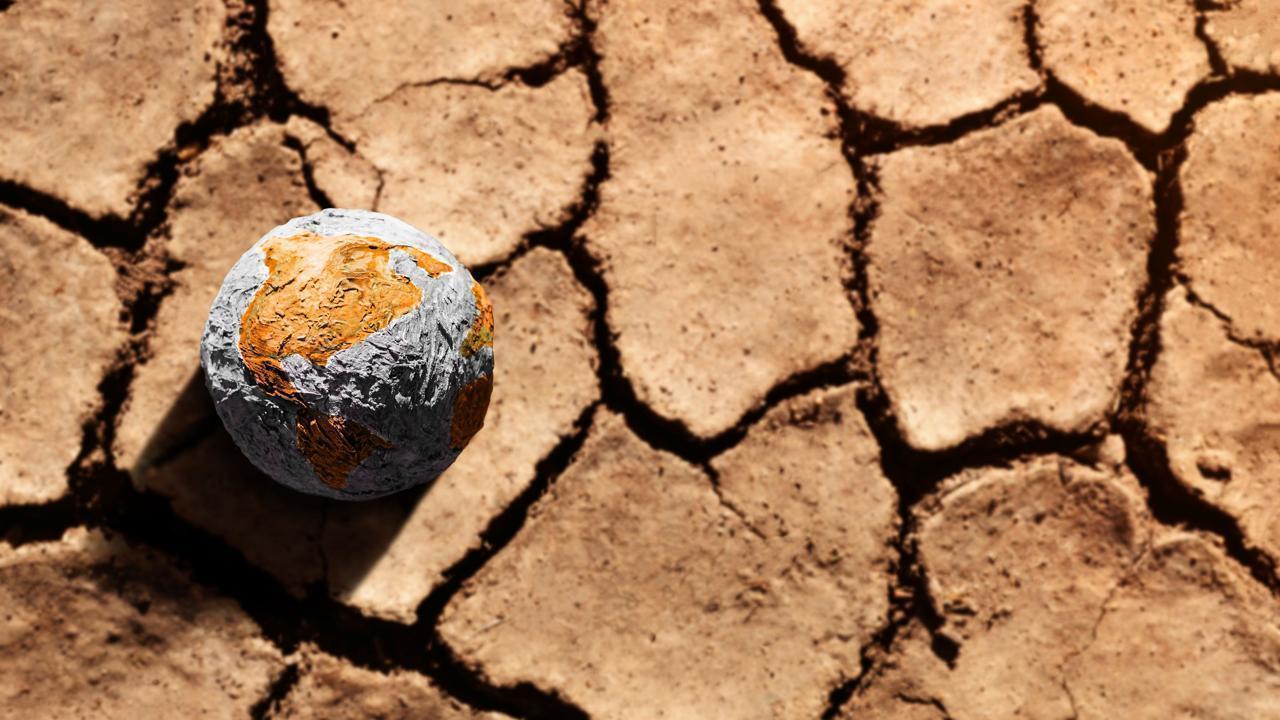
Post by : Vansh
Water—so simple, so essential, and now, so dangerously scarce. Around the world, the availability of clean and safe water is declining, turning what should be a basic human right into a fierce environmental and political struggle. While climate change and pollution dominate global headlines, one of the most alarming yet underreported issues of our time is the rise of water wars. This article explores what they are, why they’re happening, and why this environmental battle can no longer be ignored.
Water wars refer to conflicts between countries, states, or communities over access to freshwater resources. These conflicts may be political, economic, or even military in nature. In many cases, they do not involve weapons, but rather intense disputes over control, distribution, and rights to rivers, lakes, and underground aquifers.
As water scarcity grows, tensions around access are increasing, especially in regions where water is already limited and shared by multiple nations or groups.
Several major factors are driving the rise in water conflicts:
Unpredictable weather, longer droughts, and shrinking glaciers are affecting natural water supplies. Rivers are drying up, rainfall is becoming irregular, and traditional water sources are disappearing.
More people means more demand—for drinking, farming, hygiene, and industry. As cities grow, the pressure on freshwater systems increases dramatically.
In many places, water is wasted due to outdated infrastructure, lack of regulations, or corruption. When systems break or don’t exist, people are forced to compete for limited resources.
Industrial runoff, untreated sewage, and agricultural chemicals are contaminating water sources, making them unsafe for use. In some cases, this leads to entire rivers or lakes becoming unusable.
Many rivers, such as the Nile, the Mekong, and the Jordan, flow through multiple countries. Disagreements over who owns how much water and when often spark disputes.
Water wars are not just theory—they are already happening in many parts of the world.
The Nile River Dispute: Egypt, Sudan, and Ethiopia have been locked in a years-long dispute over the Grand Ethiopian Renaissance Dam (GERD). Egypt fears that Ethiopia’s control over the Nile’s water could severely reduce its water supply.
India and Pakistan: The two nuclear-armed neighbors have had long-standing tensions over the Indus River. While the Indus Waters Treaty has kept peace for decades, recent political shifts have reignited fears.
California, USA: Even in developed countries, water conflicts exist. In California, battles over river water between farmers, cities, and environmental groups are becoming more common during frequent droughts.
Middle East: Countries like Jordan, Israel, and Palestine are experiencing severe water scarcity, with disputes over shared water sources being a constant issue.
Water wars don’t just affect people—they damage ecosystems too.
River Diversion: When countries divert rivers for their own use, downstream ecosystems dry up, killing wildlife and plant life.
Overuse of Groundwater: Excessive pumping of underground water lowers water tables and causes land to sink, reducing water access for future generations.
Pollution from Conflict: Armed or industrial conflicts around water sources can lead to contamination, rendering them unusable.
If the world continues to ignore water conflicts, the results could be devastating:
Mass Migration: Lack of water can force communities to leave their homes, leading to refugee crises.
Food Insecurity: No water means no farming. Crops fail, prices rise, and hunger spreads.
Health Crises: Dirty or no water causes diseases, especially in children and vulnerable populations.
Violence and War: In extreme cases, water shortages can trigger armed conflict between groups or nations.
While the situation is serious, there are practical solutions that can help avoid conflict and protect water resources:
Countries that share water sources must work together to create fair agreements, like the Indus Waters Treaty. Peaceful dialogue and shared planning are essential.
Fixing leaks, building better pipes, and modernizing irrigation systems can greatly reduce water waste.
Using treated wastewater for farming or industry can save clean water for drinking and hygiene.
Educating people about how to save water at home and in business encourages more sustainable habits.
Smart water meters, drip irrigation, and desalination plants can make a big difference in conserving and creating clean water.
This article is provided by MiddleEastBulletin for informational purposes only. Readers are encouraged to consult official sources and environmental authorities for verified data and expert advice on water security and related issues










NBA Friday Recap: Powerhouse Wins for Miami, LA, Milwaukee, and Clippers
Miami, LA Lakers, Milwaukee, and Clippers triumphed in a thrilling NBA Friday, showcasing standout p

Doncic Shines with 49 Points in Lakers' 128-110 Victory over Timberwolves
Luka Doncic dazzles with 49 points as the Lakers secure a 128-110 win against the Timberwolves, show

Kings Triumph Over Jazz 105-104 with Last-Minute Sabonis Effort
The Sacramento Kings edged out the Utah Jazz 105-104, with Domantas Sabonis making the decisive shot

Argentina's Friendly Match Against India Delayed, New Date to be Announced
The friendly match between Argentina and India in Kochi has been postponed due to FIFA approval dela

Rohit and Kohli Conclude ODI Journeys in Australia with a Victory
Rohit Sharma and Virat Kohli bid adieu to Australian ODIs with a final win, forming a 168-run partne

George Russell's Wrestling Mask Antics at Mexican Grand Prix
George Russell donned a wrestling mask to enjoy the Mexican Grand Prix from the stands, providing a